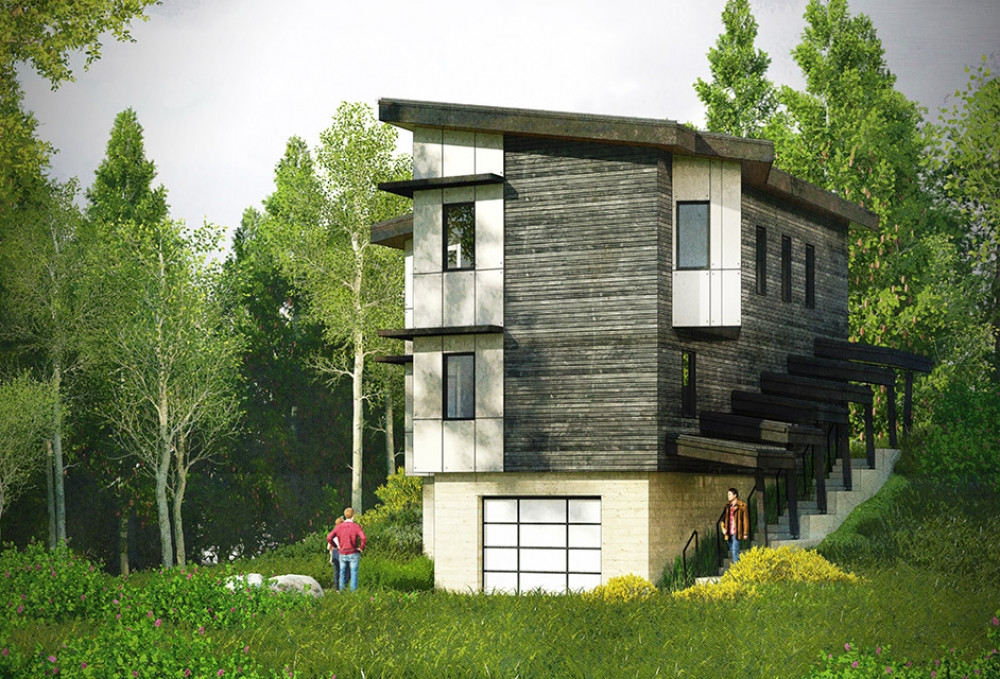Understanding how to calculate static pressure in an HVAC system is crucial for maintaining efficiency and providing comfort in your home or building. For homeowners and real estate developers, having a solid comprehension of this concept can lead to significant energy savings and improved system performance. In this article, we break down the method in a way that everyone can grasp and apply effectively. Let’s dive in!

What is Static Pressure?
Static pressure in an HVAC system refers to the resistance to airflow within the system. It’s a crucial factor that affects the performance and efficiency of the HVAC unit. Understanding this helps in diagnosing issues related to airflow and system balance.
Why is Measuring Static Pressure Important?
Measuring static pressure is essential to ensure your HVAC system operates efficiently. When static pressure is too high, it can lead to increased energy consumption and reduced lifespan of your HVAC components. This measurement can help you save energy effectively.
Tools Needed for Measurement
Before proceeding with how to calculate static pressure in an HVAC system, gather the necessary tools:
- Manometer
- Static pressure tips or probes
- Drill for creating access holes
- Safety gear (gloves, goggles)
Step-by-Step Guide to Calculating Static Pressure
- Identify Access Points: Start by determining the ideal points in the ductwork to take static pressure readings, typically before and after air handling units.
- Install Probes: With a drill, carefully create access holes and insert the static pressure probes at the identified points.
- Take Readings: Use a manometer to measure the static pressure at each probe point. Record the readings for reference.
- Calculate Total Static Pressure: Subtract the lower pressure reading from the higher one to determine the total static pressure across the system.
- Analyze Results: Compare these results with the manufacturers specifications to ensure they fall within the recommended range.
Common Errors to Avoid
Be wary of common mistakes such as:
- Incorrect probe placement
- Failure to zero the manometer
- Not considering both positive and negative pressure areas
Signs of Poor Static Pressure
High static pressure can manifest as poor air circulation, increased noise levels, or premature equipment wear. If you face these issues, it might be time to revisit the static pressure in your system.
Optimizing Your HVAC System for Better Efficiency
Understanding how to calculate static pressure in an HVAC system does not just stop at measuring. To optimize your system, consider:
- Regular maintenance
- Upgrading ductwork
- Using variable speed fans
For more green viable options you can follow this [innovative techniques](https://brucemasseyconstruction.com/innovative-uses-of-recycled-building-materials/) that might work for you.
When to Call a Professional
While DIY efforts are commendable, knowing when to call in the professionals can save you from costly mistakes. If you are unsure about any step in this process, consulting with an HVAC expert is prudent. In terms of constriction field, consider [LEED techniques](https://brucemasseyconstruction.com/achieving-leed-certification-tips-and-best-practices/) which helps in identifying and addressing duct-related issues.
Advanced Concepts: Dynamic vs. Static Pressure
Dynamic pressure is different from static pressure. While static pressure measures the resistance to airflow, dynamic pressure considers the velocity of the air. Balancing both pressures can offer more precise diagnostic control over your system.
Industry Insights and Statistics
An appropriately balanced HVAC system can lead to a 25% drop in energy consumption and 15% increase in airflow efficiency. These results demonstrate the tremendous impact of understanding and managing static pressure on your HVAC system.

FAQs
Does static pressure affect energy consumption?
Yes, high static pressure can lead to increased energy use as it forces your system to work harder than necessary.
Can I measure static pressure myself?
While its possible to measure static pressure yourself, it requires specific tools and knowledge. Beginners might want to consult a professional.
Whats the ideal static pressure range for most HVAC systems?
The ideal range varies by system design, but generally, it should be around 0.5 inches of water column (in. w.c.). Consult your system’s manual for specifics.
For more detailed information, refer to this HVAC guide.
As you continue to delve into HVAC and understand how to improve it, ensure it reflects efficiency and sustainability. Consider employing LEED techniques for improving efficiency and sustainability.
For a comprehensive guide on related aspects, explore articles on water conservation.
As an Amazon Associate, I earn from qualifying purchases.


